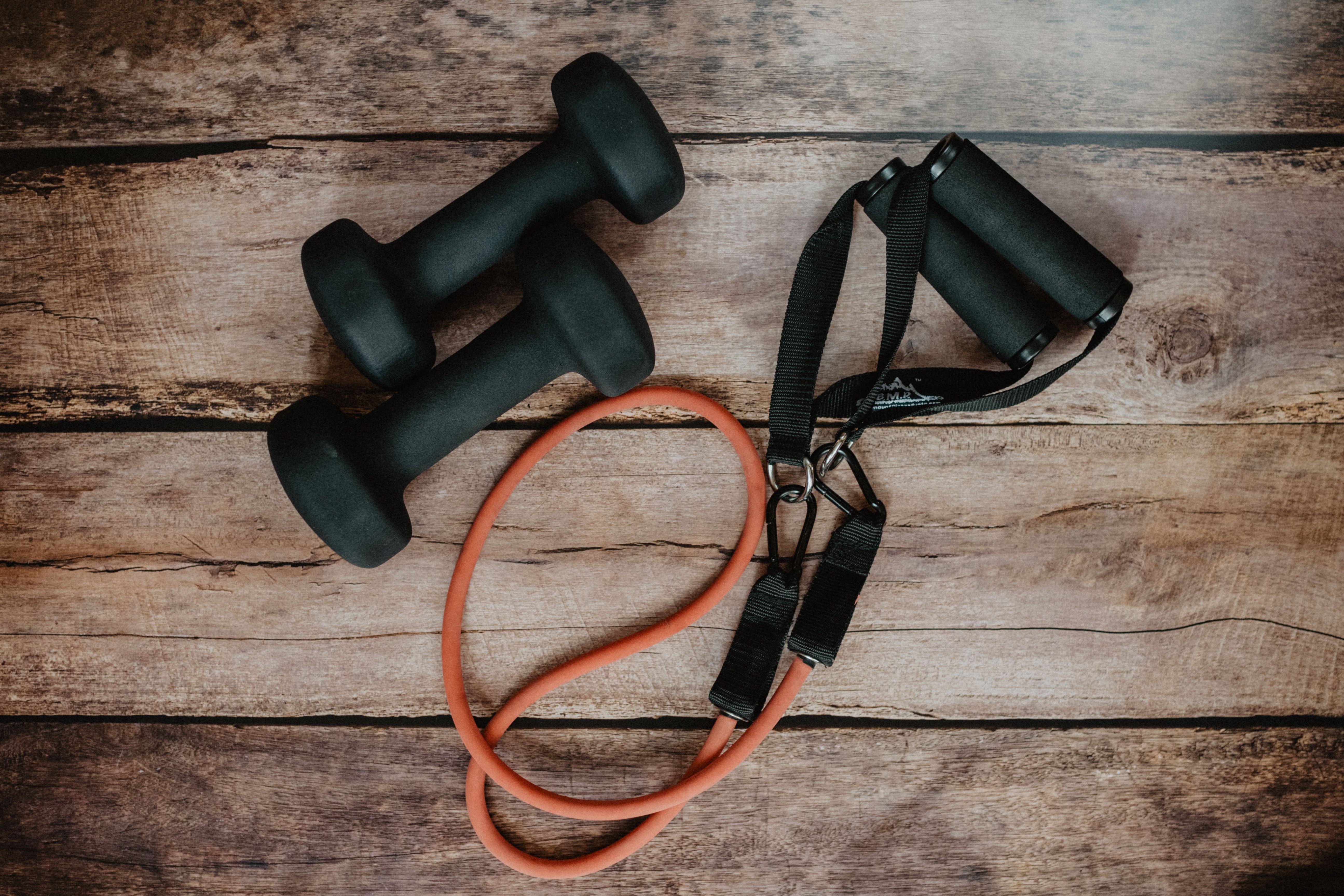Tips to Lose Weight Without Dieting



Weight loss is possible in a variety of ways, such as by changing your lifestyle, getting more physical exercise, and eating a balanced, nutritional diet. Making long-term changes to your lifestyle is necessary for sustainable weight loss as opposed to depending solely on short-term, restrictive diets. In order to prevent any potential health problems linked to excessive diets or quick weight loss, it is crucial to approach weight reduction in a healthy way, trying to lose weight at a moderate and steady pace. It is advised to speak with a medical expert or a certified dietitian for individualized advice and assistance if you have specific weight reduction objectives. Making enduring lifestyle adjustments might help you lose weight without adhering to a rigid diet. Here are some suggestions to assist you in losing weight quickly:

Portion control:
Pay attention to your portion sizes. Even if you're not following a specific diet, try to eat smaller portions of high-calorie foods and larger portions of fruits and vegetables.It involves being mindful of the serving sizes to avoid overeating and maintain a healthy balance of nutrients. Portion control is essential for weight management, as consuming larger portions than your body requires can lead to excessive calorie intake and weight gain.
Choose whole, nutrient-dense foods:
Focus on eating whole foods that are rich in nutrients and low in empty calories. These include fruits, vegetables, whole grains, lean proteins, and healthy fats.

Mindful eating:
Practice mindful eating by paying attention to your hunger and fullness cues. Eat slowly and savor each bite, so you're less likely to overeat. Mindful eating is an approach to food consumption that emphasizes being fully present and aware of the eating experience. It involves paying attention to the tastes, textures, and smells of food. The goal of mindful eating is to foster a healthier relationship with food, reduce overeating, and promote better digestion.
Limit sugary drinks and alcohol:
Beverages like soda, sugary juices, and alcohol can contribute to weight gain. Limiting sugary drinks and alcohol can significantly impact your overall health and help with weight management. Both sugary beverages and alcoholic drinks can contribute to excess calorie intake without providing significant nutritional value. Opt for water, herbal teas, or plain sparkling water instead.
Stay hydrated:
Water is vital for many bodily functions, including regulating body temperature, aiding in digestion, transporting nutrients, and flushing out waste and toxins. When you are adequately hydrated, your body functions optimally. Drinking enough water can help control your appetite and prevent overeating. Sometimes, our bodies mistake thirst for hunger.
Increase physical activity:
Regular exercise is essential for weight management. Find enjoyable ways to move your body regularly. By incorporating physical activity into your daily life, you'll improve your overall health, boost your mood, and support your weight management efforts.

Strength training:
Incorporating strength training into your program will help you gain muscle, which in turn can increase your metabolism and promote weight reduction. Strength training is primarily used to increase physical strength, endurance, and general fitness. Strength training is advantageous for people of all ages and fitness levels, despite the fact that it is frequently associated with bodybuilders and sportsmen. Beyond muscular growth, it has many other benefits.
Get enough sleep:
Getting enough sleep is an often overlooked but vital aspect of maintaining a healthy lifestyle and managing weight. Lack of sleep can have negative effects on various aspects of health, including weight regulation and can lead to weight gain by disrupting hormones that control hunger and appetite. Aim for 7-9 hours of quality sleep per night.
Manage stress:
Stress can lead to emotional eating and weight gain. Find healthy ways to manage stress, such as meditation, yoga, hobbies, or spending time with loved ones.
Avoid skipping meals:
Skipping meals may lead to overeating later in the day. Avoiding the habit of skipping meals is crucial for maintaining a healthy and balanced diet. Skipping meals can have several negative effects on your body and overall well-being. Irregular meal patterns can slow down your metabolism as your body tries to conserve energy. Long periods without eating can lead to the breakdown of muscle tissue for energy, particularly if you are not consuming enough protein. Aim for regular meals and snacks to keep your energy levels stable.
Be patient and realistic:
Sustainable weight loss takes time. Being patient and realistic is essential when it comes to achieving any goal, including weight management and lifestyle changes. Set realistic goals and celebrate your progress along the way.
Track your progress:
Tracking your progress is a valuable tool for achieving your weight loss and fitness goals. Keeping track of your efforts and results allows you to identify patterns, make adjustments, and stay motivated. Keep a food and exercise journal to monitor your habits and identify areas for improvement.

Remember, the key to successful weight management is making long-term, positive changes to your lifestyle rather than relying on short-term, restrictive diets. Consult with a healthcare professional or a registered dietitian for personalized advice and guidance on achieving your weight loss goals.

